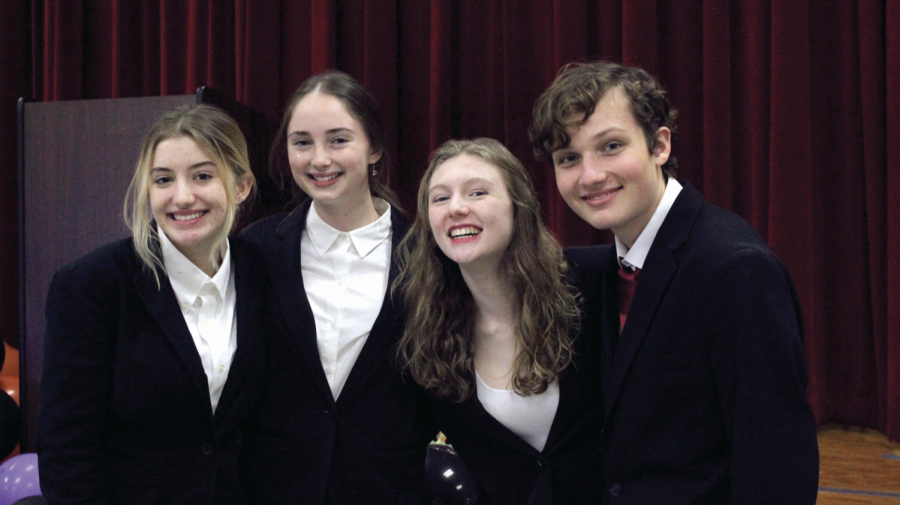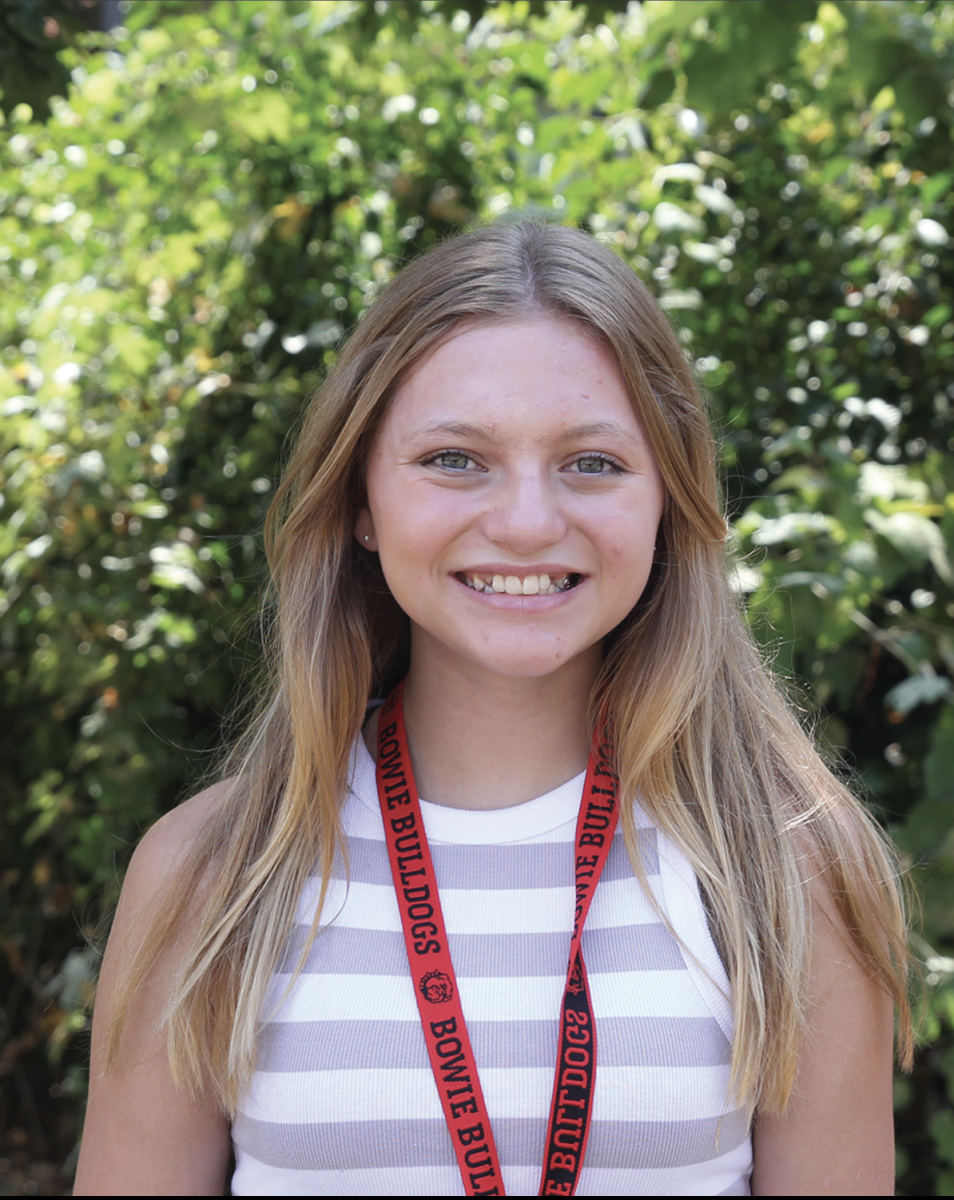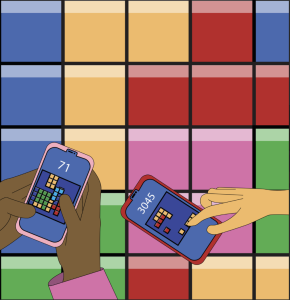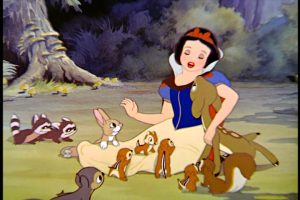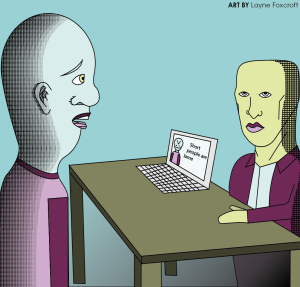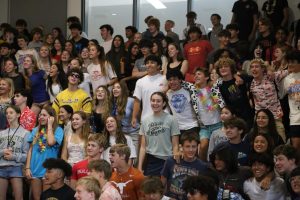Debate teams craft convincing arguments in competition
CELEBRATING: Sophomore Amelia Cook, sophomore Bella Barkume, junior Megan Sewell, and sophomore Jadon Demetri smile after their first debate round. After the preliminary rounds, Demetri found out that he had made it to finals for the tournament.
November 29, 2021
Every argument has two opposing ideas and opinions, and there is not always one definitive solution, for everyone has a different perspective. Leading into competition season, it is the Bowie Debate team’s job to effectively convince judges that their argument is superior to that of their opponent.
In debate, students converse and argue current world issues that many students are unaware and uneducated about. Bowie debate team officer junior Cristian Abarca appreciates the exposure he has received in his time with the debate team.
“We deal with foreign policy issues, domestic policy issues, and a lot of things that are probably so crucial for learning in high school before you go on to college,” Abarca said. “I think that’s what draws a lot of people into the debate, as well as the community.”
Often, people base their arguments on their personal opinion, creating a biased stance on a subject. Abarca works to avoid such bias, as most competitions do not allow students to choose their side of an argument, making a fact-based argument very important and effective.
“The way I adapt to it is trying to take personal opinion out of it,” Abarca said. “You need to be able to eloquently argue both sides of an argument for and against something with equal prowess. Of course, there is always one argument you will naturally prefer, but you should always have good arguments on both sides.”
Having an opinion on intense subjects is important, per sophomore debate member Yash Tate. The debate team grants students the privilege to express their opinions, building their confidence and structuring their perspective on the world.
“A common misconception about debate is that it is non-stop arguing, but that’s not true,” Tate said. “The majority of debate is spent giving your speech to express your opinion. And to be honest, I was scared of debating at first, but then I [decided to] give it a shot, and turns out, I liked it.”
Governed by Texas Forensic Association (TFA), competitions are composed of numerous pre-elimination and elimination rounds. The nature of debate makes winning consistently very difficult, placing immense pressure on the shoulders of young students to perform.
“You can [debate] your hardest and still lose, and sometimes that’s just the way,” Abarca said. “It’s more about the fun and experience you have with it than necessarily just winning. And once you grasp that, the anxiousness starts to fade.”
Prior to a competition, adept preparation is a necessity for the debate team. Reflecting on past competitions enables students to acknowledge their mistakes, allowing them to hone their skills and perform better in the next opportunity to debate.
“There’s a certain balance we try to practice between [reflection and development],” Abarca said. “It’s always good to look back on [competitions] and reflect on notes you took to see if there’s any responses you didn’t have an answer to and develop responses to that. Sometimes, you need to move on. You need to keep your head up and just start preparing for the next tournament.”
The interpretation team, including sophomore Amelia Cook, experience parallel preparation plans. Offering a competitive stance to theatre and acting, interpretation have also begun competing.
“We prepare by learning our assigned piece and working on performing as that character,” Cook said. “It also helps to perform for others for feedback, and the people [in interpretation] are always willing to help one another.”
Confidence in a student is vital to their development and success. Enjoying her time in interpretation, Cook believes that being a part of interpretation has allowed her to sharpen socially relevant attributes other students lack.
“Interpretation is a very self-driven class,” Cook said. “It has helped me in becoming a better actor and it can prepare you to do things like public speaking, which is a very valuable trait to have.”
High school is a stepping stone for students to prepare for college or a career path. Joining the debate team as a freshman, Tate believes his time on the debate team has allowed him to grow the knowledge that is necessary for the next step of his life.
“The advantages of being in debate is that it helps you develop writing and speaking skills,” Tate said. “And because of all the different topics, you get to learn about current events and things about nations you didn’t know existed.”
Debate is a semester-long course that is paired with economics for seniors. According to Abarca, introducing students to worldly issues is massively neglected. Debate allows students to shape defendable opinions on certain topics that other students do not get exposure to, preparing them for the future.
“It’s a lot of stuff that naturally, people just don’t get to learn about now in high school,” Abarca said. “[Debate] is very crucial to me and an integral part of society. You need to have an in-depth understanding of politics, economics, etc. It really opens your eyes to the workings of the world.”


